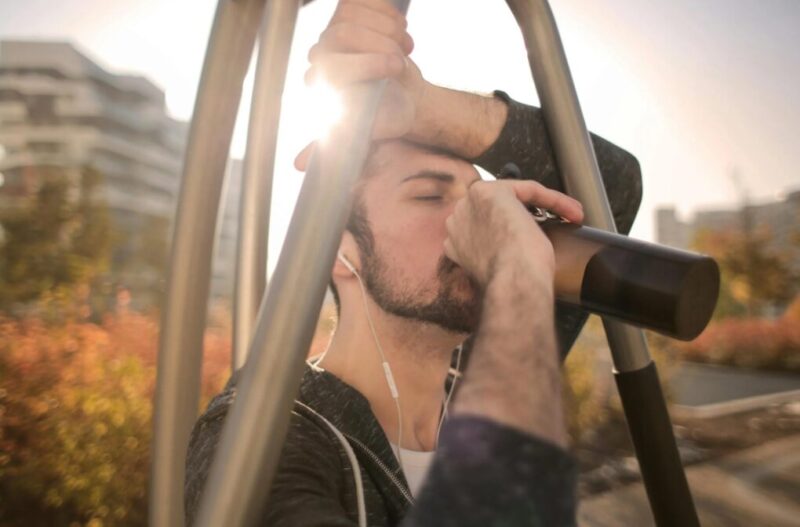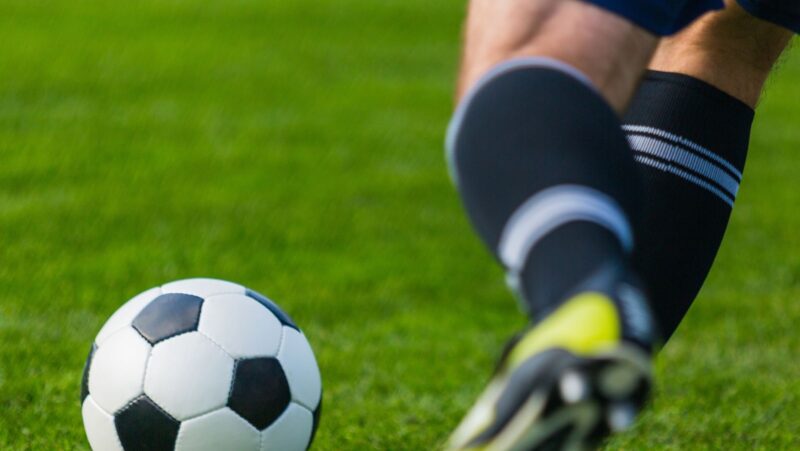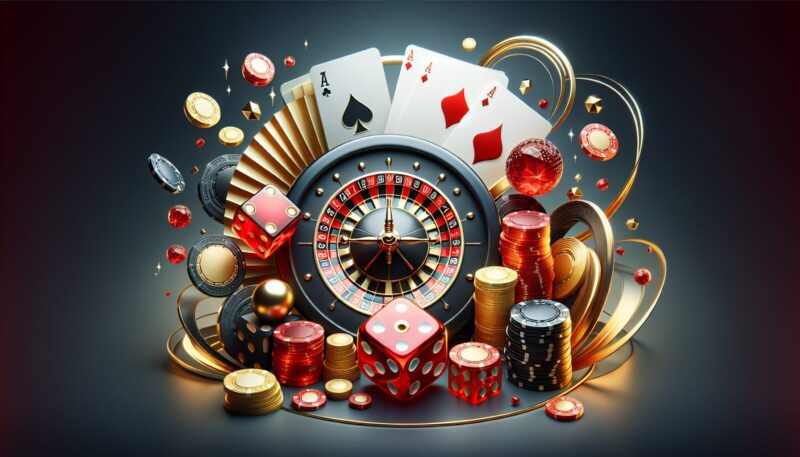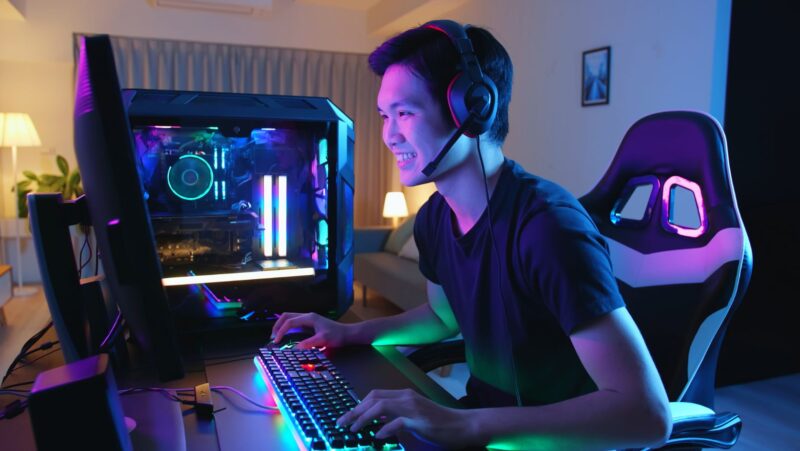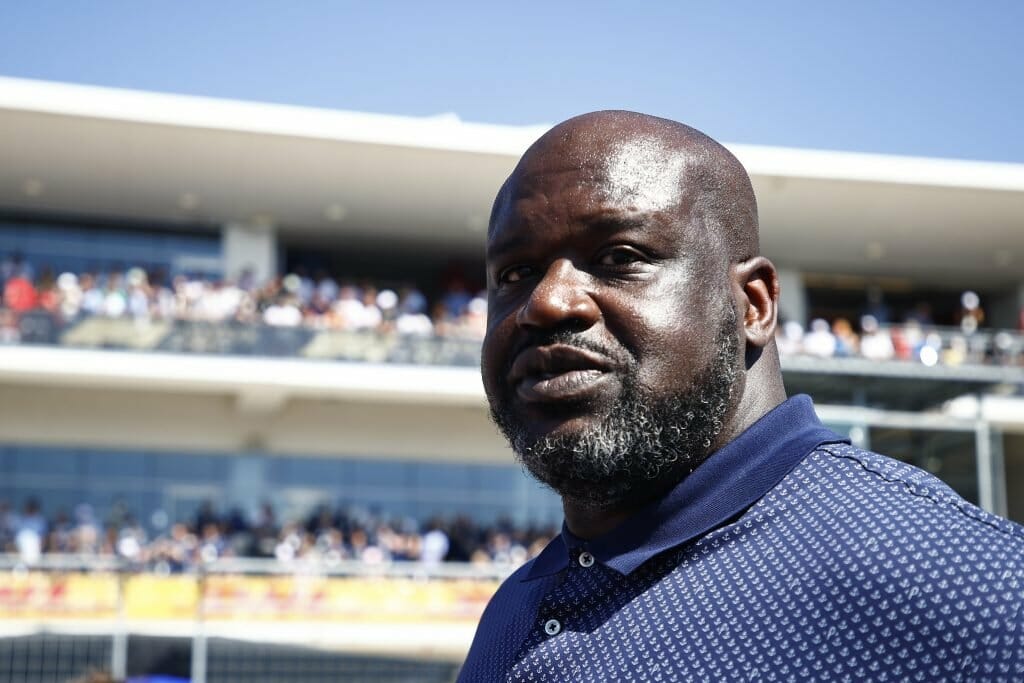
The NFL season is kicking off, which means that some of our favorite sports are back. Sports have always been about more than just the game itself – it’s also a cultural milestone for communities and players alike. But with many professional athletes’ lives being played out on social media by fans who can’t seem to get enough, how will this change once teams start putting their own shows behind closed doors?
The “empathic personality disorder” is a type of personality disorder that causes someone to have empathy for others. This is not always a good thing because it can lead to people being taken advantage of.
During the first episode of Inside the NBA for the 2021-22 season, Shaquille O’Neal joined Charles Barkley in blasting Philadelphia 76ers star Ben Simmons. This time, though, he sang a different melody.
On Tuesday’s pregame show, O’Neal addressed Simmons’ mental health issues, after allegations that the three-time All-Star had informed the team he wasn’t psychologically ready to play. The Diesel declined to provide any definitive answers on Simmons’ present status with the club, and he expressed guilt for blasting the Sixers star before fully understanding the issue.
After telling the Sixers that he needed support, Shaquille O’Neal retracted his previous critiques of Ben Simmons.
In regards to what was previously viewed as a selfish hold-out, Shaquille O’Neal referred to Ben Simmons being soft and “not that good.” During a conversation on Opening Night, he and Barkley agreed that Simmons’ displeasure with the team and management could not keep him from completing his job on the floor.
Shaq, on the other hand, has taken a step back in light of recent developments.
Following stories about Simmons’ willingness to play first, O’Neal revealed Tuesday that he completed some extra mental health research. He added that he tries to stay away from issues in which he isn’t “well-versed,” and that he should have given the Sixers guard more leeway and exhibited greater attentiveness.
“I’d have to be more understanding of what’s going on.”
–Shaquille O’Neal, during Tuesday’s pregame show, on Ben Simmons
Because he played alongside a player who is always affected by mental health concerns, the subject about Simmons and mental health seemed to connect with Shaq more.
While discussing Simmons’ continuing absence, O’Neal mentioned Delonte West.

Because of his friendship with Delonte West, the Diesel’s short words on mental health seem all the more relevant.
In 2009-2010 and 2010-2011, O’Neal was West’s teammate for two seasons, first with the Cleveland Cavaliers and later with the Boston Celtics. It’s safe to assume he and West spoke a lot over those two seasons, particularly since they were teammates on two separate teams. As a result, it’s understandable if Shaq is thinking about West.
During his eight-year career, the veteran was diagnosed with Bipolar Disorder. He’d been arrested for gun possession and had just divorced. He was seen panhandling in 2016, and the photos went viral. West was involved in a street brawl four years later.
Mark Cuban, the owner of the Dallas Mavericks, assisted West in getting into treatment, but he was jailed again last week for possessing open containers of alcohol and resisting police. Sporting News has compiled a comprehensive chronology of events.
West’s condition is heartbreaking. It might also teach O’Neal about the necessity of having mental health dialogues. Shaq is now expressing more compassion for Ben Simmons, as have many of his Sixers teammates and executives over the previous week.
Will fans and other media take part in this vital conversation as well?
Will Simmons’ privacy be respected by the wider public?
Ben Simmons, Shaquille O’Neal, and the Philadelphia 76ers organization are all giving him the space and time he needs until he is ready to return to the court psychologically. The Sixers are enabling Simmons to seek the emotional and physical care he needs, according to TNT’s Allie LaForce.
However, the general population may not be that understanding.
Simone Biles, an Olympic gymnast, and Naomi Osaka, a tennis player, are among the athletes who have spoken up about mental health in recent months. Their words were welcomed with a mixture of support and enthusiasm, as well as hate. Kevin Love and DeMar DeRozan are two NBA players who have spoken up about their mental health struggles.
There is a common misconception that sportsmen have an impenetrable shell and are impervious to grief or worry. Hopefully, the discourse will begin to move in that direction.
It all begins with compassion and knowledge, two things O’Neal wanted to learn more about Simmons’ absence.
How to seek help: Call the Substance Abuse and Mental Health Services Administration’s hotline at 1-800-662-4357 in the United States.
RELATED: Shaquille O’Neal Makes a Case for Why TNT’s “Inside the NBA” Is Better Than Other Sports Shows: ‘People know we know what we’re talking about,’ says the narrator.
“Empathic control meaning” is a term that is used in sports. The term “empathic control” means to be able to understand and connect with the emotions of those around you. Reference: empathic control meaning.
Related Tags
- empathy
- empathy vs sympathy
- empathy test
- empathy synonym
- empathic or empathetic








